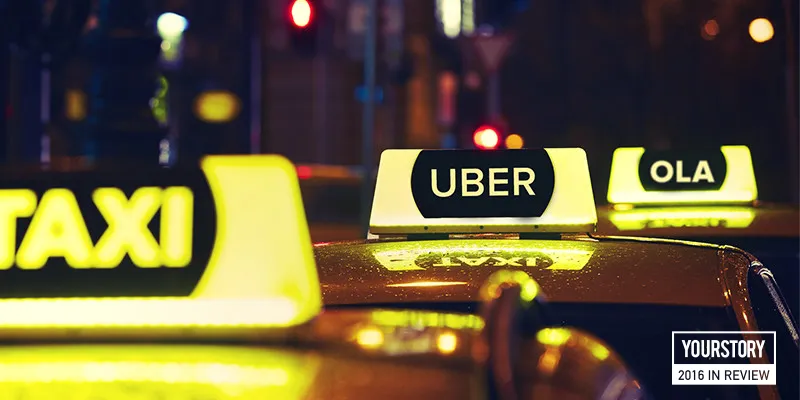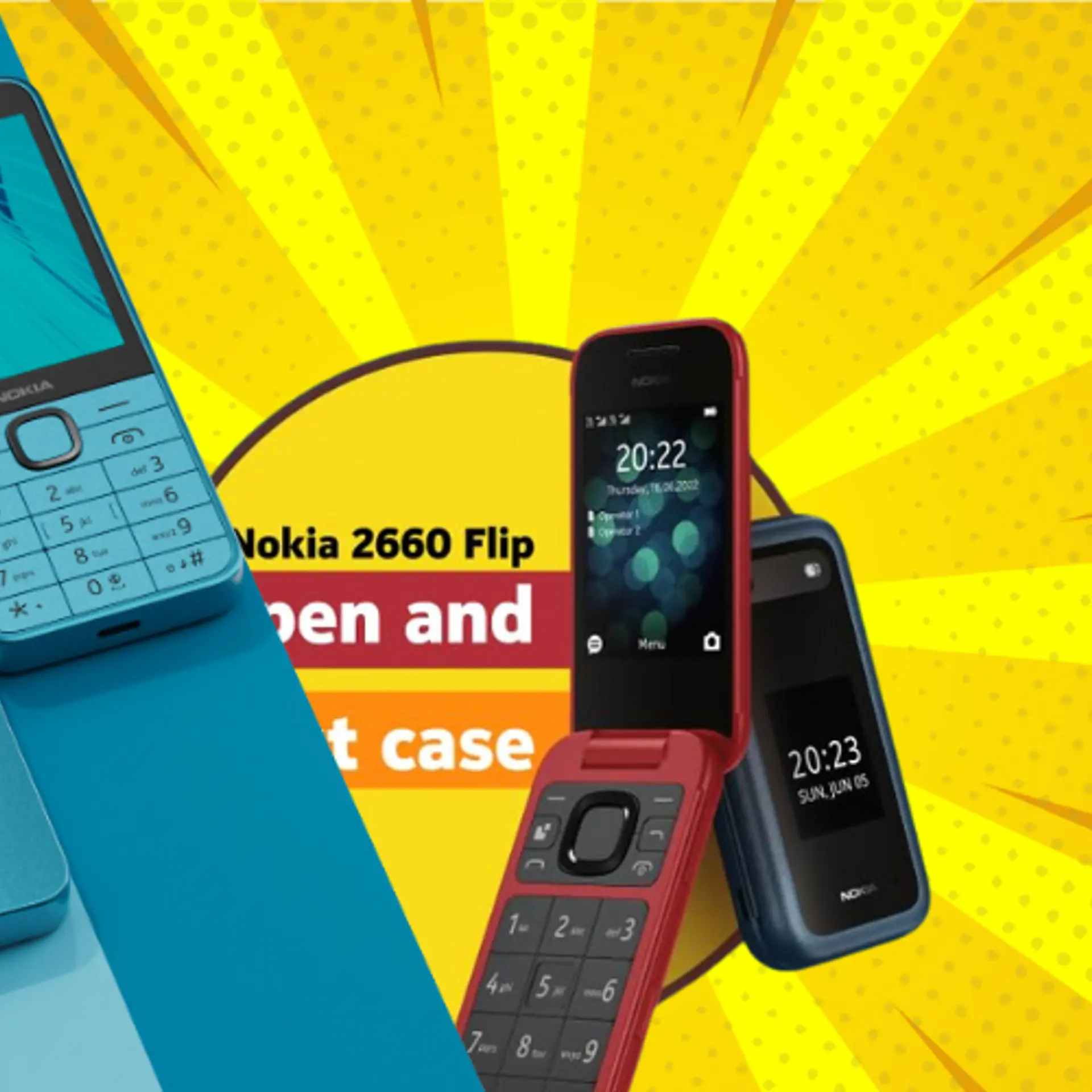Government keeping a close watch on Ola Share and Uber Pool, may declare them illegal
After the court verdict this year, it was assumed that the government's perpetual battle with Ola and Uber would be over for once and all. But that doesn’t seem to be the case. After the licensing war, the government seems to have a problem with Ola Share and Uber Pool now.
H.G. Kumar, Additional Commissioner, Transport Department informs that his department is keeping a close watch on Ola Share and Uber Pool at the moment. He says,
“As a group pick-up and drop facility it is fine, but not as a pick up and drop from different points. We have told the companies and will be sending a formal letter to them to see if they are within the guidelines or not. We haven’t taken any call on this yet.”
As per state transport department guidelines, services like Ola and Uber fall under the contract carriage permits and as such the cab aggregators cannot pick and drop passengers during the course of the ride as it is only for point-to-point pick and drop .

Responding to an email query from YourStory, an Uber spokesperson said:
"We believe UberPOOL is clearly within the law. We will continue to engage with the transport department and Karnataka government as ridesharing products like uberPOOL are the future of urban mobility, helping decongest cities by getting more people into fewer cars and letting riders move around their city more affordably.
With the cost of shared rides up to 50 percent less than traveling solo, response to uberPOOL in Bangalore has been phenomenal. More than 25 percent of our total trips in the city are POOL trips. Over the last year, UberPOOL riders in Bengaluru have contributed to save around 93,64,772 kilometres driven, which equals to saving of 4,40,623 litres of fuel and cut over 10,37,000 kgs of CO2 emissions.”
The year hasn’t started out on a great note for the Unicorns – Ola and Uber. Recently, their drivers went on a strike after the cab aggregators resorted to a significant cut in incentives to drivers as part of cost control measures.
An Ola Driver said that earlier, incentives allowed a driver to earn a minimum of Rs 10,000 a day, based on the number of rides. In fact, when Ola started, the drivers were earning several lakh rupees a month.
According to the drivers, instead of the earlier requirement of a minimum 12 hours of service, they are now being asked to put in a minimum of 18 hours to get any form of incentive. Currently, Ola pays its drivers Rs 2,200 for nine rides in a day and Rs 5,800 for 17 rides a day. Uber on the other hand pays Rs 1,000 for rides worth Rs 600, Rs 1,400 for rides worth Rs 800 per day, Rs 5,800 for rides worth Rs 2,700 per day and Rs 7,000 for rides worth Rs 3,300 per day.
Ola reportedly has over 20,000 cars registered on its platform and Uber 33,000. With Ola Share and UberPool, the amount of money the cab drivers make is higher.
“I personally prefer a share ride, the amount is more and the number of rides also is higher,” says a cab driver associated with both the Ola and Uber platform. There also is the issue of increased congestion on the streets. Bengaluru is infamous for its traffic jams, and doesn’t have a great public transport system in place. Although the metro construction has been going on for years, only one line is operational yet.
This isn’t the first time the government has cracked down on the cab aggregators. The shuttle bus aggregator – ZipGo – faced similar run ins with the government and had to shut service in 2015. Angry with the government move, a 34-year-old software professional in Bengaluru says,
“This just doesn’t make sense, if these services are illegal, what alternative is the transportation commissioner offering us? I take an UberPool or an OlaShare to work every day, not only are they pocket friendly they are also convenient. Seems like the government isn’t very keen on public convenience.”
“We agree that the congestion in Bengaluru is very high making it difficult for everyday commuters, but we cannot allow something illegal if it comes to our notice,” says Kumar.
While the trio of aggregators, drivers and government are fighting it out, the traffic in the city and as well as the commuters are suffering.







